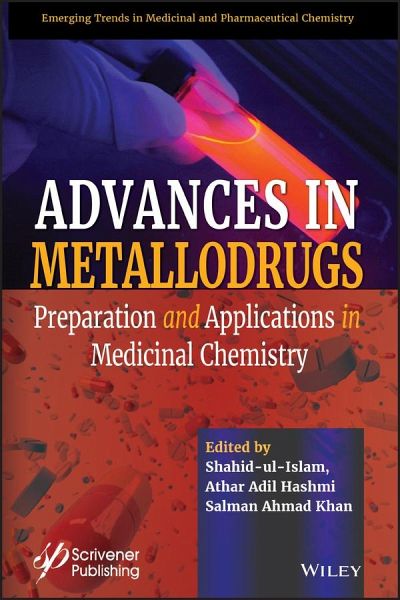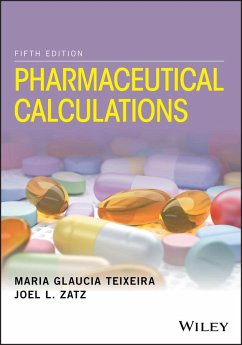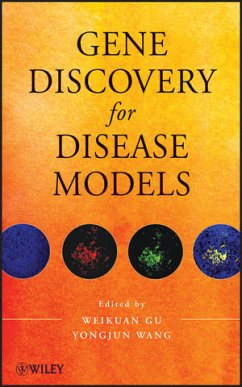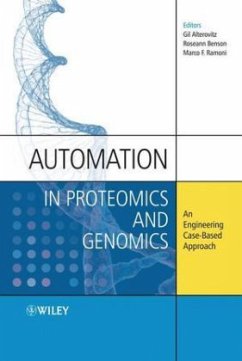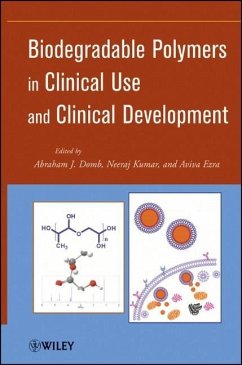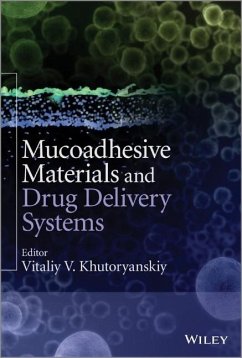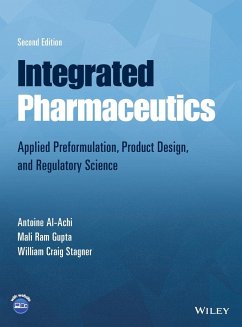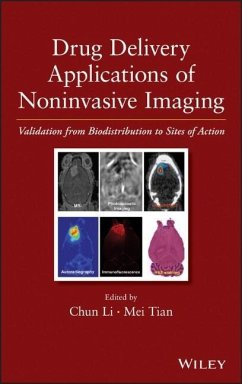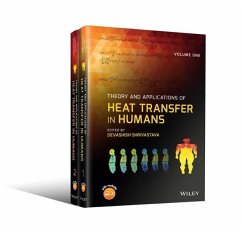Shahid-ul-Islam is a Principal Project Scientist at the Indian Institute of Technology Delhi, where he works on the chemistry of metal-based natural dyes using advanced technologies. He received his PhD in Chemistry from Jamia Millia Islamia (A Central University), New Delhi, India, in 2017. He has to his credit several research journal publications, patents and books with the Wiley-Scrivener imprint. Athar Adil Hashmi studied chemistry at Aligarh Muslim University, India and obtained his PhD in 1994. From 1990 to 2007 he held positions at the department of chemistry, Jamia Millia Islamia (Central University), New Delhi, India. Since April 2017 he is working as a visiting Professor at King Abdulaziz University, Jeddah, Kingdom of Saudi Arabia. His work area includes organometallic chemistry, metal containing polymers and bio-inorganic chemistry. Along with his international publications, book chapters, he has guided 30 postgraduate projects and 13 PhD students. Salman Ahmad Khan received his PhD in Organic Chemistry from the Jamia Millia Islamia (JMI) (A Central University), New Delhi, India, in 2007. Since 2009 he has been with the Department of Chemistry, King Abdulaziz University, Jeddah, Saudi Arabia, where he is an Associate Professor. His current research interests include Heterocyclic Chemistry, Chromones, Chalcones, Anthraquinones, Photophysical, Physicochemical, Multi steps reactions, one pot multi component synthesis and Nanotechnology. Dr. Salman is an active researcher and has published more than 100 research articles in various reputed international journals.
